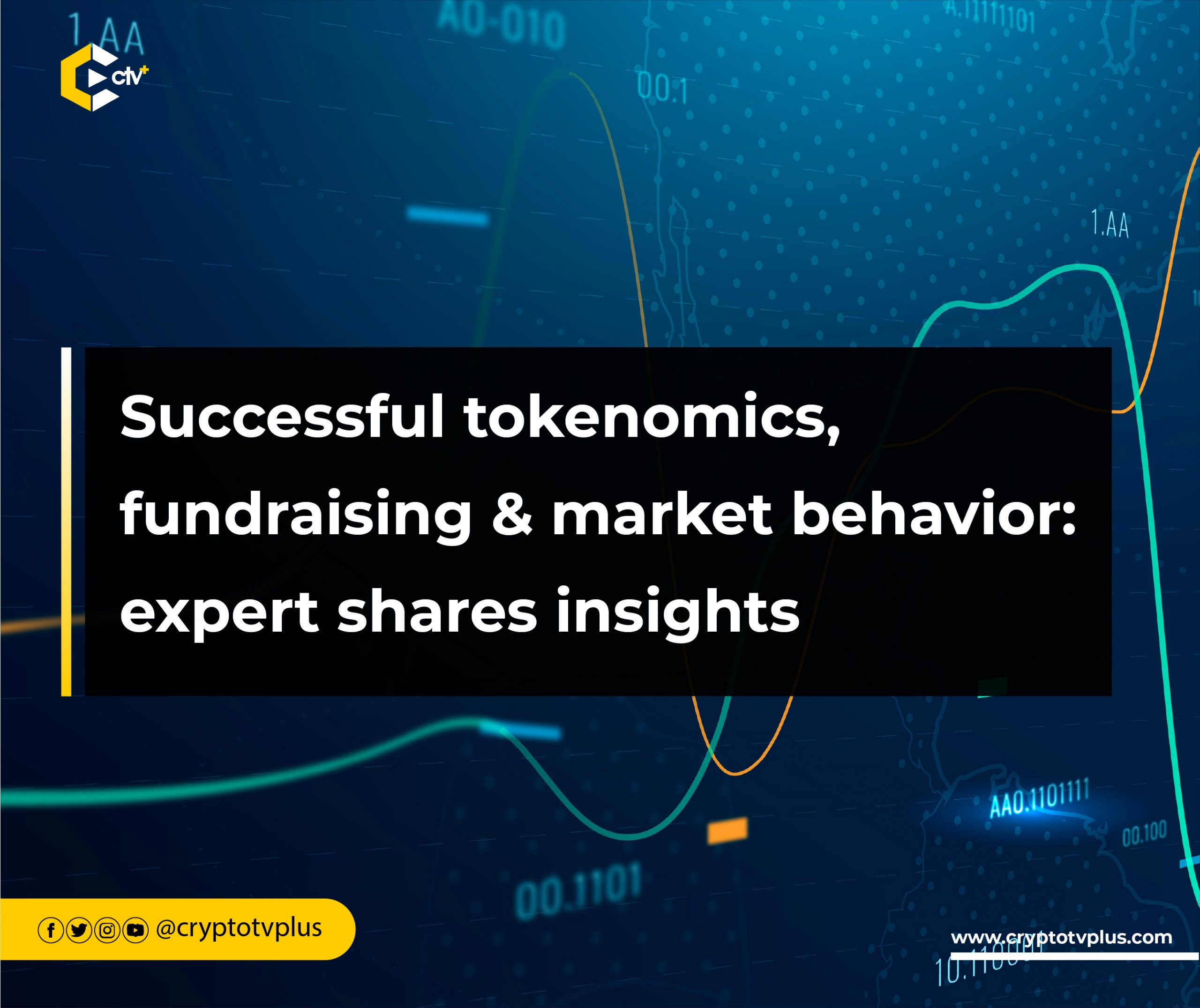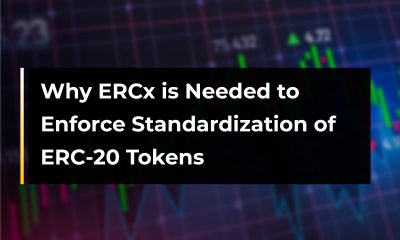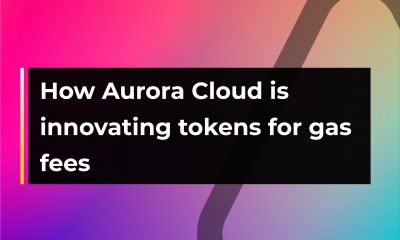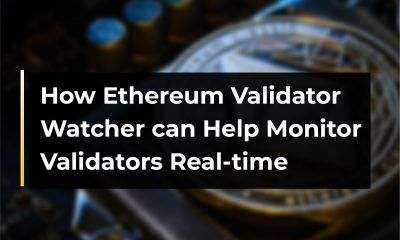FEATURED
Successful tokenomics, fundraising & market behavior: expert shares insights

The success of a token-based cryptocurrency project depends on a lot of factors but one critical success – determinant component of such a project is tokenomics. Roderick McKinley, a CFA and Tokenomics Advisor who has worked with Token Engineering Academy, recently shared his expertise in a session titled “What’s Your Token Worth? Pitfalls to Avoid in Your Token Sale and Listing” at the ETHCC Paris.
With a global audience, his presentation illustrates how both emerging and established crypto firms can design and deploy successful tokenomics.
Commencing the session, Roderick emphasized the importance of finance in the crypto landscape, stressing that comprehending the financial facets of tokenomics is as important as developing a token’s core utility.
Drawing from his extensive experience, he provided a deep dive into the complexities surrounding token valuations and the challenges that crypto startups often face.
Importance of valuation at different phases
As a tokenomics expert with extensive finance experience, he emphasized the significance of distinguishing token values at different stages: pre-listing, during private sales, and in early and later trading.
Pre-listing is the phase that precedes a token’s availability for public exchange trading. The token’s value during this stage is influenced by factors such as project potential, team reputation, and market sentiment.
Private sales entail offering tokens to a specific group of investors before the public sale. The token’s value during this phase mirrors the confidence investors have in the project’s success.
He cautioned that teams need to be careful about their sales approach, stating,. “If you try to spend the millions that you think you have you’re going to end up in this really surreal world where the more you sell the less what you’re selling is worth.”
Additionally, Roderick said that it is important to comprehensively understand token value, especially during private sales.
He underscored that private sales offer the most control and certainty over token value, providing an opportunity for founders to negotiate better terms.
Once listed on exchanges, tokens are traded. Their value can change significantly in the initial trading period and over time as more market data becomes available. Be careful too as “offloading your fundraising needs to early trading comes with risks”.
Look beyond public markets
He added that crypto firms should be cautious about relying too heavily on public markets for fundraising due to associated risks. He cited examples like thin liquidity, market manipulation, and investor behavior.
Drawing from experience with both successful and unsuccessful crypto projects involving teams that could manage tokens, as well as those that misled, he observed that the mentioned risks could detrimentally impact token value if firms fail to effectively manage the fundraising process.
From a broader perspective, the tokenomics expert advised that teams should not solely rely on fundamental value models. Instead, they should embrace a market value approach, aligning with investors’ strategies, goals, and considering utility and financial aspects.
He advised that projects should not be carried away by the excitement of their community whenever they want to launch a new project. Majority of the people out there are speculators and play short term games.
“The better your project is, the more speculators you’re going to attract because you’re in an open market” where there is no control as it is called permissionlessness.
Try to compare projects into the market that look like yours and use it as a guide to project what the market response will be.
Read also; Why Web3 needs decentralized frontends
























